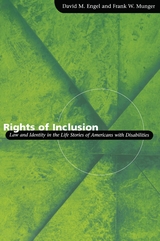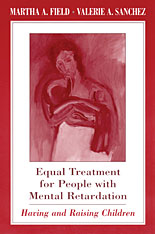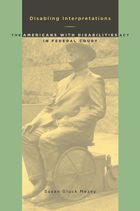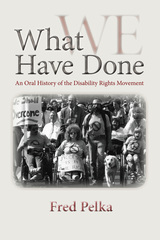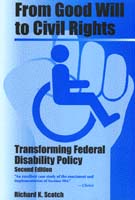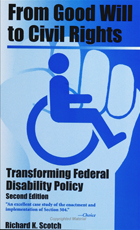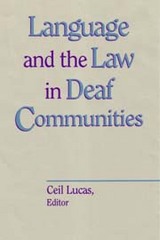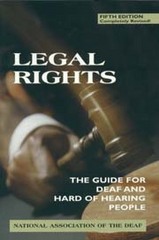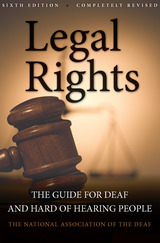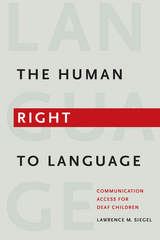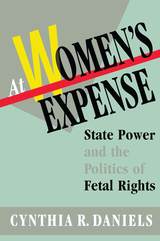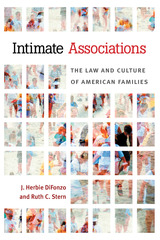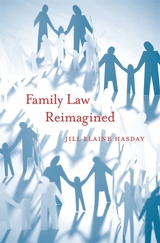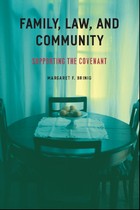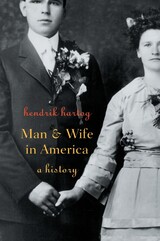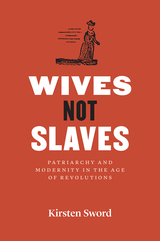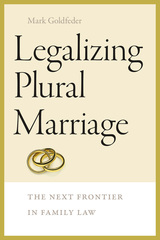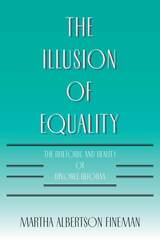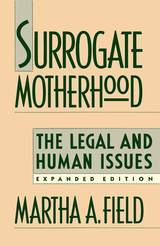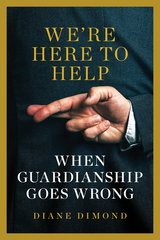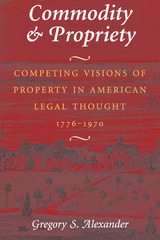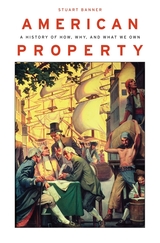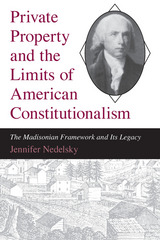Cloth: 978-0-674-01562-3
Library of Congress Classification KF505.F75 2004
Dewey Decimal Classification 346.73015
What is a family? Grandparents, mom, dad, and kids around a Thanksgiving turkey? An egg mother, a womb mother, a sperm donor, and their mutual child? Two gay men caring for their adopted son? In this provocative essay, a leading American legal historian argues that laws about family are increasingly laws about individuals and their right to make their own, sometimes contentious, choices.
Drawing on many revealing and sometimes colorful court cases of the past two centuries, Private Lives offers a lively short history of the complexities of family law and family life--including the tensions between the laws on the books and contemporary arrangements for marriage, divorce, adoption, and child rearing. Informal common-law marriage was once widely accepted as a means to regularize property arrangements, but it declined as the state asserted its authority to dictate who could marry and reproduce. In the twentieth century, state attempts to control private life were swept away, most famously in the creation of "no-fault" divorce, a system in which laws that made divorce nearly unattainable were circumvented.
Private life, the author argues, as a legitimate sphere, was once basically confined to life in nuclear families; but the modern law of "privacy" extends the accepted zone of intimate relations. The omnipresence of the media and our fascination with celebrity test the boundaries of public and private life. Meanwhile, laws about cohabitation and civil unions, among others, suggest that family and commitment, in their many forms, remain powerful ideals.
See other books on: Domestic relations | Family Law | Friedman, Lawrence M. | Individuals | Private Lives
See other titles from Harvard University Press

